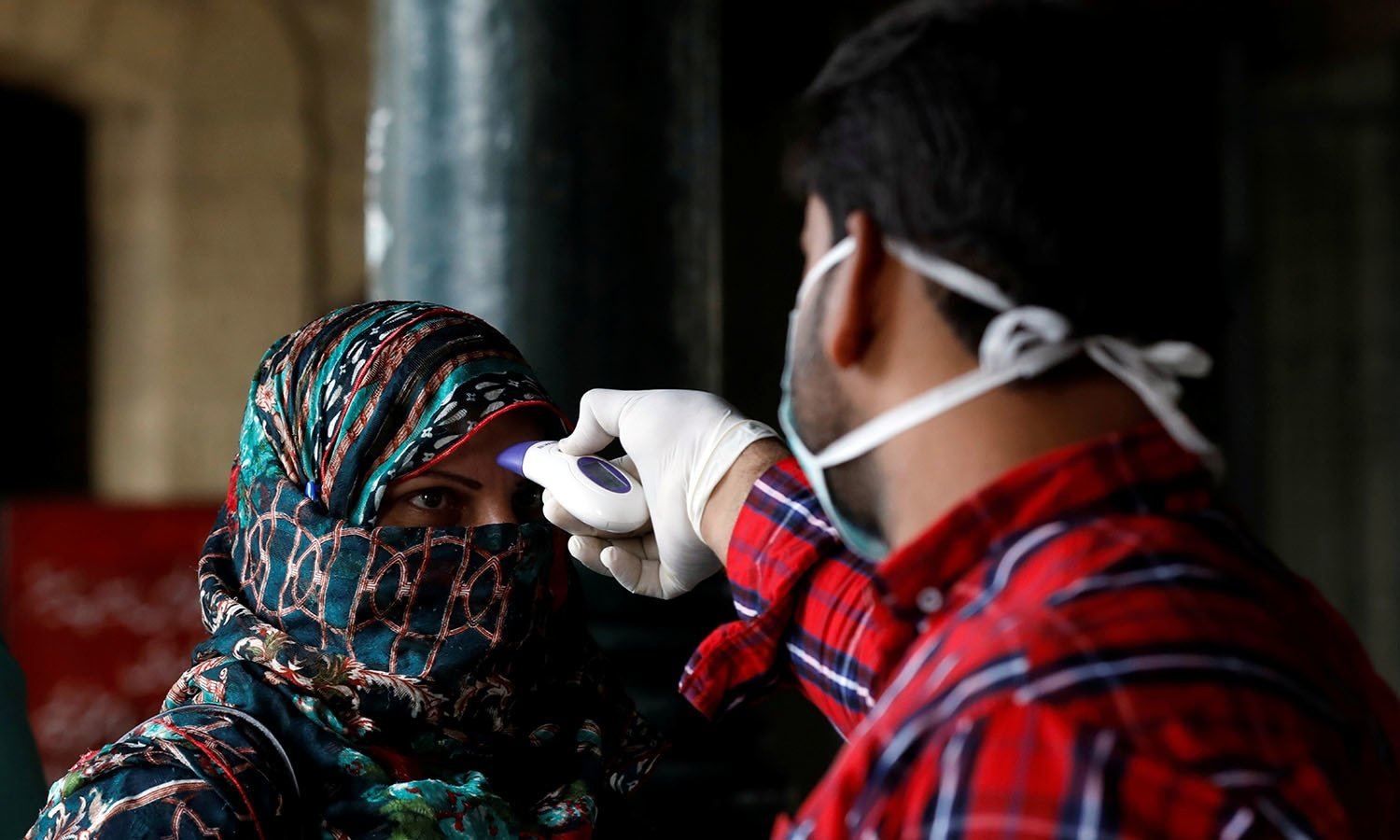Pakistan resumes COVID-19 testing amid new JN.1 variant fears
Pakistan resumes the required COVID-19 JN.1 testing of incoming passengers on the orders of the National Command and Operation Centre (NCOC). It comes due to increasing worries about the spread of a new COVID-19 form.
JN.1 is the sub-variant of COVID-19. If JN.1 is detected, the testing will be beneficial in preventing sub-variants of COVID-19. Therefore, Pakistan resumes COVID-19 testing of incoming passengers at airports.
A spokesperson for the NCOC said checking at the country’s borders, including airports has increased on the orders of caretaker federal Health Minister Dr. Nadeem Jan. They have resumed the 2% mandatory testing of incoming passengers to detect JN.1 variant of SARS-CoV-2 or coronavirus.
Even though there has been no reported case of COVID-19 JN.1. The number of positive tests in Pakistan has stayed highly low. However, the National Institutes of Health (NIH) issued an advisory about JN prevention and control for precautionary measures.
According to a recent advisory from NIH, the prevalence of JN.1 has been on the rise worldwide in recent weeks. The advisory noted that this rapid growth is happening in all three regions including the United States, the Western Pacific, and Europe.
The NIH says that JN.1 is quickly replacing other sub-variants and is expected to spread easily. It will repeat the early stages of the pandemic. So, according to the most recent data, its rates of illness and death are low.
People with JN.1 illness may cough, have a sore throat, congestion, runny nose, sneeze, tiredness, headaches, muscle aches, and a different sense of smell.
Therefore, people should practice good respiratory hygiene by covering their mouths and nose with their elbows when they cough and sneeze. According to NIH, sick people should stay home, relax, avoid crowds, and isolate themselves socially until they recover.
Read More:
- Section 144 imposed in Punjab & Islamabad-banned rallies, protests
- Famous businessman Zulfiqar Ahmed went missing in Karachi
- PTI worker Neeli Pari arrested for attacking PMLN President Tahir Anjum
- British police brutally tortured two Pakistanis at Manchester Airport
- President Joe Biden administration demanded $101 mn aid for Pakistan
- Mastermind of Karachi Police Office attack killed in CTD Operation
Share this content:









Post Comment